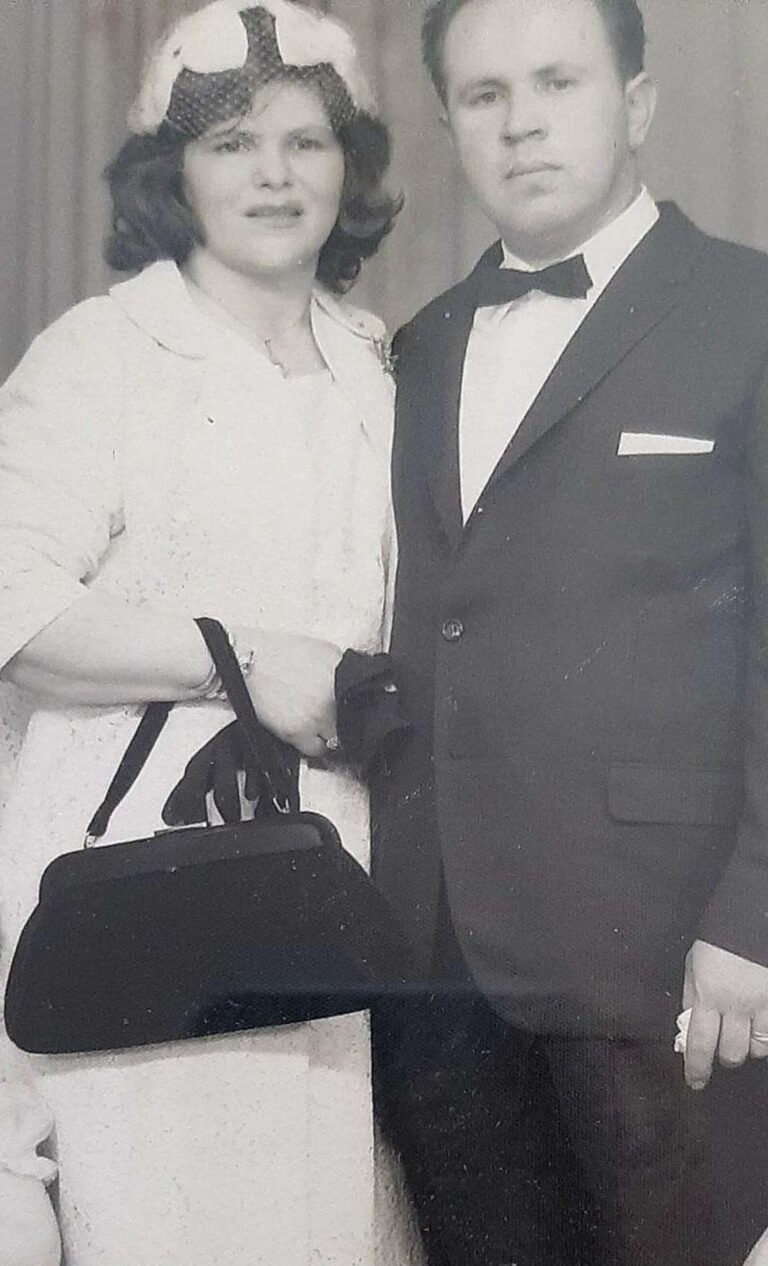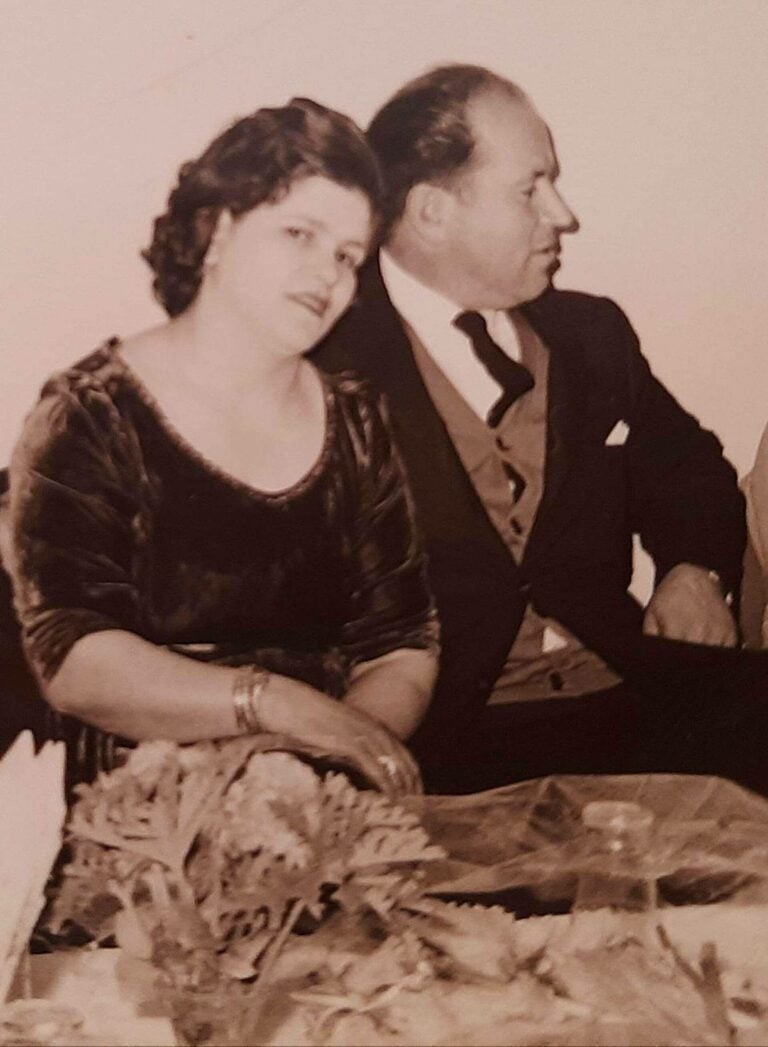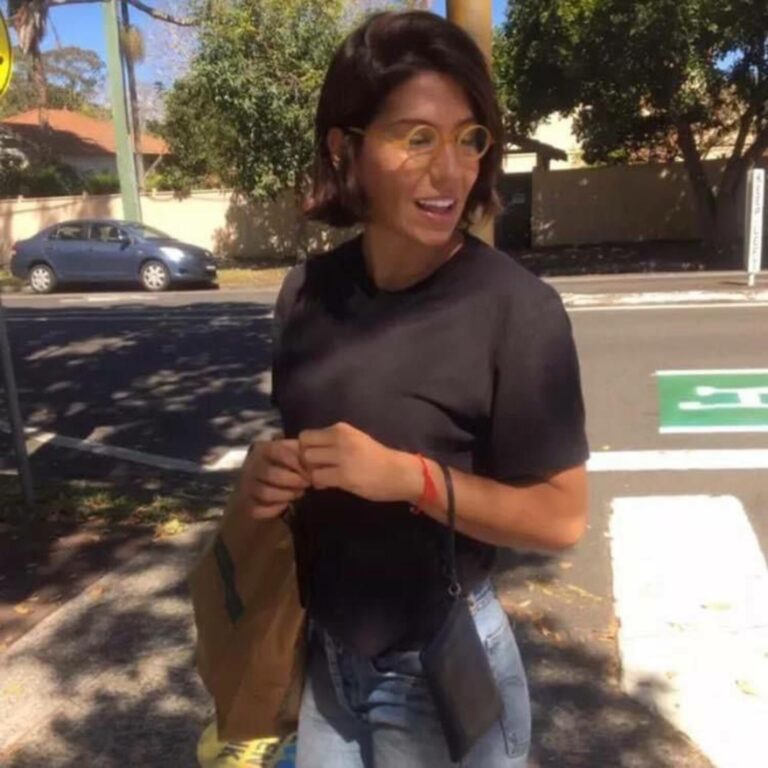The University of Sydney has commenced a research study focused on multilingualism, to assess the effect of immigration on Australia’s identity.
The project titled ‘Opening the Multilingual Archive of Australia’ (OMAA) is being led by Professor Adrian Vickers, with a full team of researchers from diverse linguistic backgrounds.
PhD researcher Eva Boleti is working as part of the team, looking into the Greek-Australian community, and using the findings to work on this project as well as on her PhD thesis on the history of the Greek Diaspora in Australia, which is being supervised by Professor Anthony Dracopoulos and co-supervised by Professor Vickers.
“As part of my PhD research and my work with OMAA, I have started conducting interviews with Greek Australians to explore their family histories and experiences. Specifically, I am interested in distinguishing the different generations within the Greek Australian community and analysing the sociocultural phenomenon of homemaking,” Boleti told Neos Kosmos.
“The interviews will focus on Greeks in Australia, as well as Greeks who have lived in Australia and subsequently returned to Greece (as in the case of my family).”
The Greek high school teacher came to Australia three and a half years ago, though she was not entirely unfamiliar with the country as her grandparents immigrated here from the late 1950s to the 1970s before returning to Greece.

“My grandparents have been a tremendous source of inspiration for my personal and academic journey. It is a great honour for me to have the opportunity to return to the land they often talked about and to be able to listen to similar stories.
“I believe that all immigration stories should be acknowledged and preserved as part of Australia’s historical archive. Greek immigration has a long and significant history in Australia, serving as a foundation for the country’s identity.”
The PhD researcher stated that these interviews will give insight into how first, second, and third-generation Greek immigrants have kept and passed on their Greek linguistic and cultural heritage.
These include the dynamics of family socialisation, involvement with sociocultural organisations, lived experiences in the household etc.
“Each generation plays a unique role in nurturing cultural identity and fostering a sense of belonging. For example, the unconditional love of first-generation Greek immigrants has created a safe space for future generations to explore and embrace their cultural heritage,” Boleti said.
“Greek grandparents have served as mentors and teachers, passing on skills and knowledge related to traditional crafts, music, dance, and culinary practices. These hands-on experiences not only preserve cultural traditions but also instil a sense of pride among younger generations.”
In addition to Greek, OΜΑΑ is researching material from a whole list of different linguistic backgrounds such as Chinese, Dutch, French, German, Indonesian, Italian, and Japanese.
“Our primary focus is on non-English language resources, and we invite the public, educators, and other researchers to utilize our findings and reassess the history of migration and settlement,” Boleti told Neos Kosmos.
“Speaking specifically from the Greek perspective, OΜΑΑ houses materials ranging from the 1800s to the present, all related to the history of Hellenism in Australia.”
These materials include diaries, correspondence, and personal items which is all evidence of the significant role Greek immigration has played in shaping Australia’s identity.
Boleti gave mention to the Hellenic Historic and Cultural Centre NSW, and “dedicated volunteer” Anna Ioannidis, who have made significant contributions to the project.
The PhD researcher has recently commenced interviews with first, second, and third-generation Greek Australians, focusing particularly on language and culture preservation.
Questions have explored topics like what items migrants chose to bring with them, the means by which they made Australia their home and what they missed from Greece that they could not find here.

“Some of the initial participants have mentioned herbs and spices, showcasing their commitment to the rich Greek culinary culture. These herbs and spices were quite rare in Australia at the time and are considered valuable for cultural preservation,” Boleti said.
“Regarding what they missed from Greece that they could not find here, some answers included the sea, the climate, and the blue skies. I believe there is an overflowing and irresistible charm in the Mediterranean elements that can be found nowhere else in the world.”
Boleti stated that the interviews will be utilised for her PhD thesis and the OMAA study, with the participant’s consent, specifying that they follow a process to ensure each person’s comfort in sharing only what they wish to disclose.
“By participating in this study, individuals can share their personal experiences, allowing their stories to be documented and preserved as part of the broader cultural heritage of the Greek community,” the PhD researcher said.
“These stories can serve as valuable resources for future generations to learn about the triumphs, challenges, and contributions of Greek immigrants in Australia. Participants become active contributors to the collective memory and understanding of Greek immigration and its impact on Australian society.”
More information on OMAA is available at omaa-arts.sydney.edu.au/
The study is open for all people across Australia.

Anyone who would like to participate can contact the following people below:
Eva Boleti (PhD candidate)
School of Languages and Cultures
Faculty of Arts and Social Sciences
Email: ebol6107@uni.sydney.edu.au
Anthony Dracopoulos (Co-investigator)
School of Languages and Cultures
Faculty of Arts and Social Sciences
Email: Anthony.dracopoulos@sydney.edu.au
Adrian Vickers (Chief Investigator)
School of Languages and Cultures
Faculty of Arts and Social Sciences
Email: Adrian.vickers@sydney.edu.au







